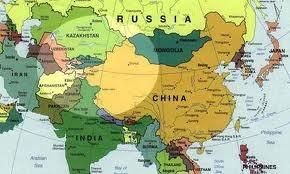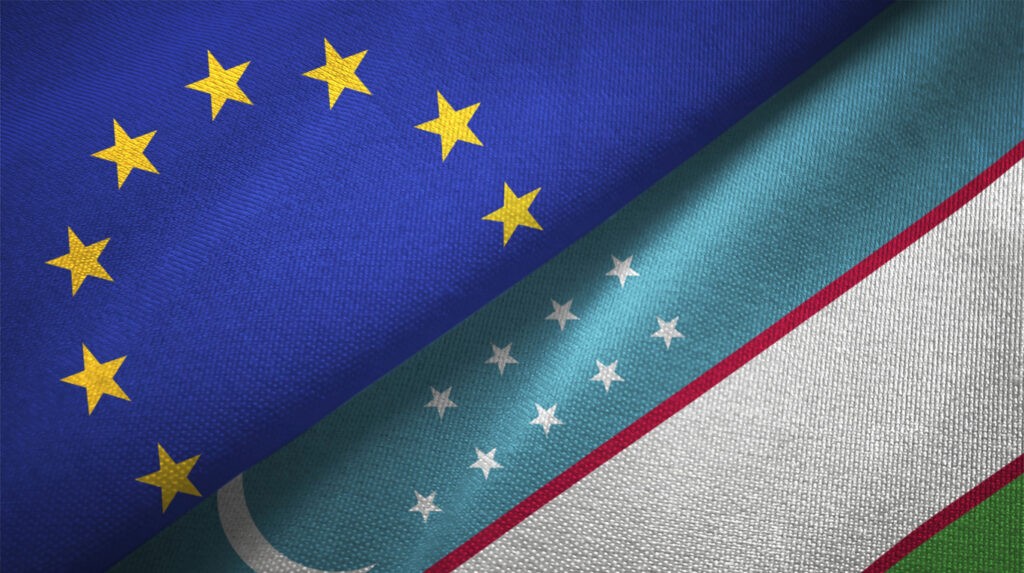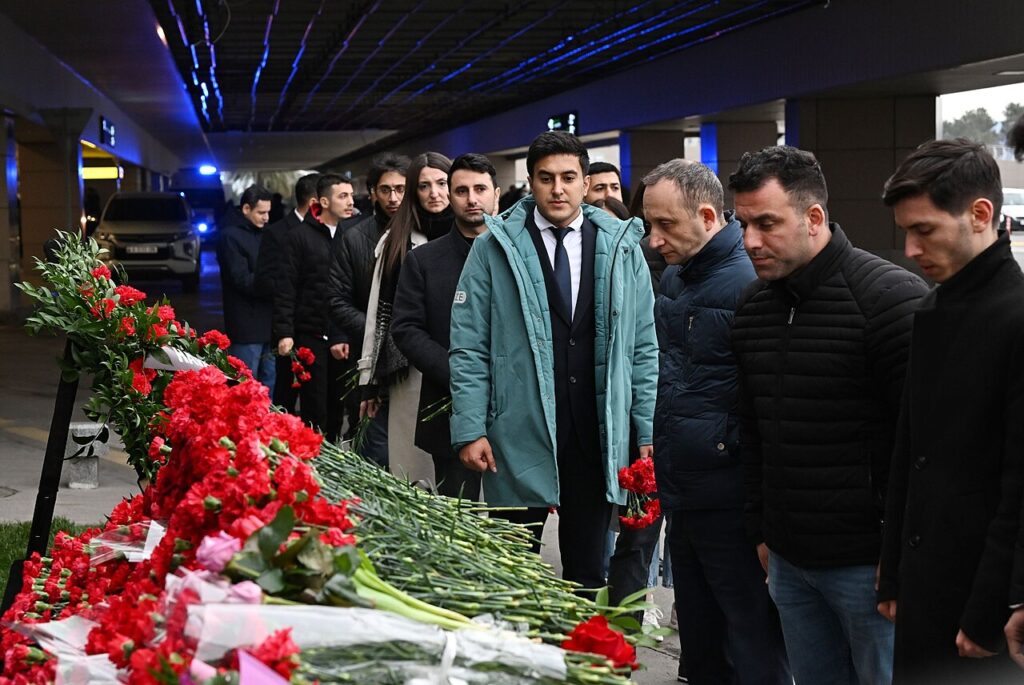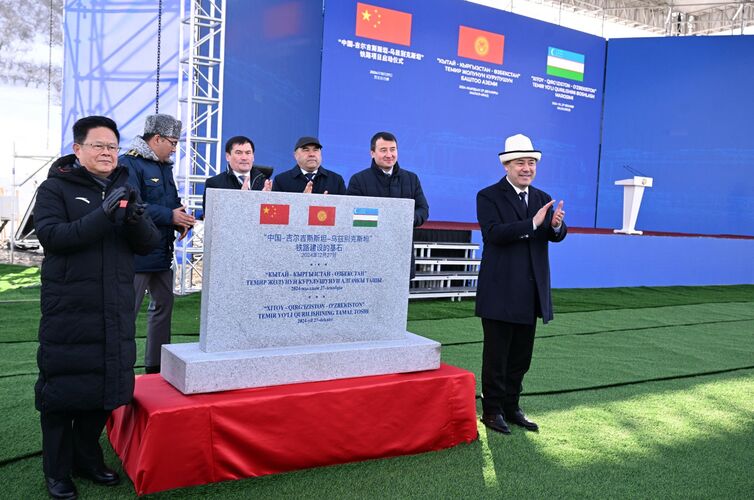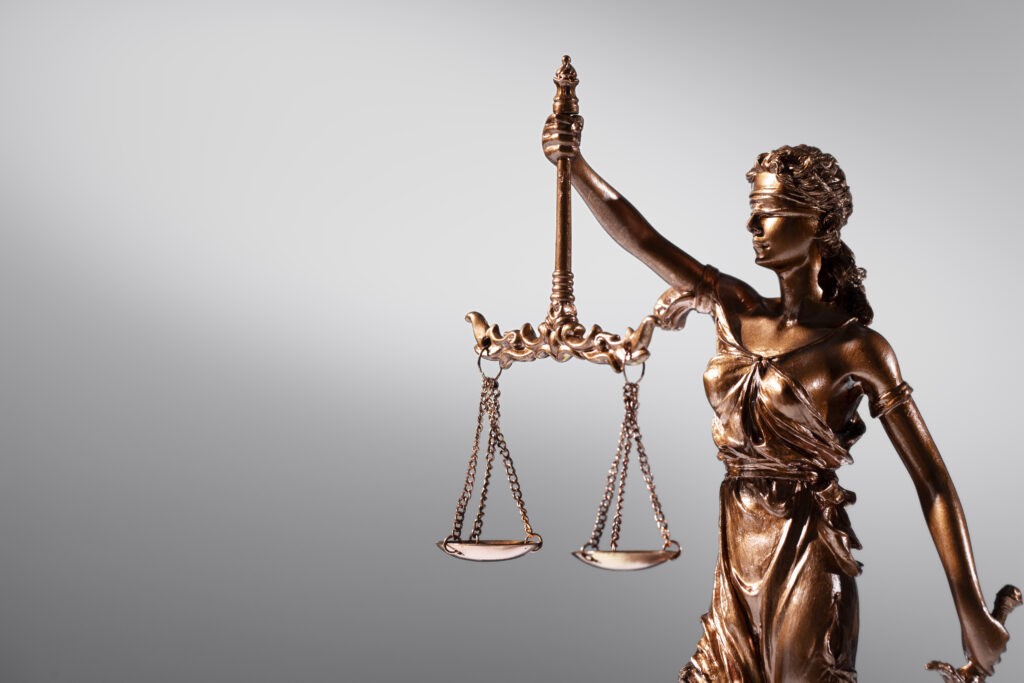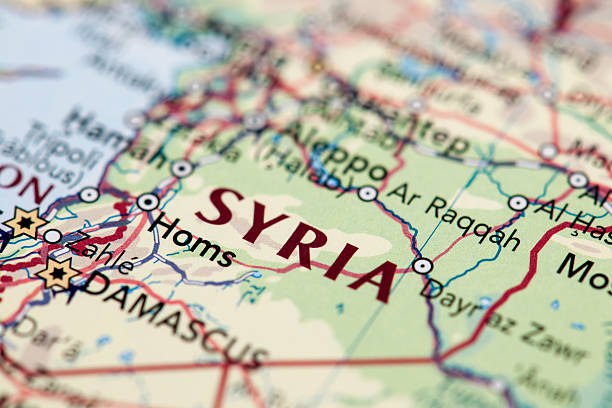BISHKEK (TCA) — The Times of Central Asia presents to its readers Stratfor’s Global Intelligence, a weekly review of the most important events that happened in the world — from Europe to Middle East to Russia to Central Asia to Afghanistan to China and the Americas.
The Week That Was
Let’s not ignore the obvious: Syria is a mess, and we are all still trying to make sense of it. In fact, making sense of Syria was the theme of the week, a week that, ironically, started at roughly the five-year anniversary of the Syrian civil war.
It should not have come as much of surprise when that war — by definition, an internal affair — became an international affair. There was simply too much at stake, particularly for a country like Russia, which saw the conflict as opportunity to advance its interests even at the expense of the broader war effort. But Moscow seemed to catch the world off guard Monday when it announced it would wind down its military operations there.
In retrospect, perhaps it wasn’t so surprising. Some governments even claim they knew about the withdrawal prior to the announcement. Back in September, the Kremlin said it would stay there for only a few months. And in any case, Russia achieved some of the goals it set forth by intervening in the first place: stabilizing, such as it could, the government of President Bashar al Assad; showcasing a newly overhauled military; and, most important, tying the war itself to issues more important to Russia, such as the conflict in Ukraine and the lifting of Western sanctions. But whatever its ancillary reasons for withdrawing, Russia clearly wants to continue to shape the outcome of the war as best it can. Hence the timing of the announcement, which came just before the newest round of U.N.-brokered peace talks.
The timing calls for speculation:
• Could the withdrawal open the door for Turkish military intervention in northern Syria? It would make sense. Turkey wants to help the United States roll back the Islamic State, contain the territorial expansion of the Kurdish People’s Protection Units (YPG), relieve rebel proxies in the region and, ideally, create a safe zone where migrants can be contained. None of that could really happen if Russia were still in northern Syria.
• Is it a coincidence that Russia’s announcement came as leaders from the European Union and Turkey proposed a deal over the migrant crisis, something for which Syria is almost entirely responsible?
• And what about the Kurds? Could their victories on the battlefield finally translate into political gain?
• Is Russia trying to convince the world that it can facilitate a peace deal rather than hinder one? If so, how far will that goodwill go when Moscow tries to persuade the West to end the sanctions?
Speculation aside, we know that Russia is, in fact, withdrawing. Satellite imagery confirms as much (though, notably, it also confirms that Russia is actually expanding the infrastructure at the assets it will maintain there). We know that Russia wants to shape the outcome in Syria; otherwise, it would not have withdrawn in the first place. But what outsiders like Russia want in Syria is different from what Syrians want. Such is the problem for any bargain, real or imagined, made when a conflict is merely a means to some other end.
Full Articles
Even As Russians Withdraw, Their Legacy in Syria Remains
As the departure of Russian forces from Syria announced March 14 continues, evidence of construction at Russia’s main air base in the country demonstrates Moscow’s intention to maintain a military presence there. Imagery dated March 17 acquired by Stratfor of the Bassel al Assad air base in Latakia province and the Tartus naval base highlights the ongoing Russian drawdown of its forces in Syria. The imagery not only shows that the Russians are still expanding infrastructure and facilities at the air base, but also that they have in the past few days deployed additional assets there.
Russia Leaves Syria With Loyalists on the Offensive
Pursuing its critical interests in Syria, Russia has played a key part in stabilizing the military situation in Syria in favor of Damascus. Aided also by expanded support from Iran, loyalist forces have switched from defense to offense in 2016. And though loyalist forces have not been able to defeat the rebels or retake a decisive amount of territory since the Russian intervention, it is clear they have the military advantage.
Artificial Intelligence Gets a Little Smarter
Artificial intelligence and advanced robotics have the potential to transform the world economy. Changes are being made already, especially in technology that acts like the human brain, learning to complete more varied and complex tasks based on past experience. The implications of this advancing technology in various facets of geopolitics are many, from logistics, labor and manufacturing to agriculture, service and transportation — basically, life in general. And whoever leads these changes will have a distinct advantage.
Water Reclamation Technology Flows Ahead
Few geographic constraints are more universal than water scarcity. Though every country sees it in different ways and to different degrees, water stress is a problem that even water-rich states like Canada experience. As water resources become increasingly strained in some of the biggest cities and most populated countries, improvements in purification technologies will be important for more effectively using the limited water the world has left. Materials such as graphene are already paving the way to cheaper, more effective and more energy efficient filtration methods.
EU, Turkey Talks: Deterring Migration
Leaders from Europe and Turkey met in Brussels on March 17-18 in a determined attempt to resolve the nearly year old migration crisis. With the Western Balkan migration route now officially closed and as migrants continue to fill up makeshift camps in Greece, the pressure is on Europe’s leaders to find a solution. The basis for talks is an ambitious plan agreed to 10 days prior between the leaders of Turkey, Germany and the Netherlands. That scheme, could in theory achieve its goals of reducing immigration, but there are many barriers to its implementation, including dissent from other European leaders and questions about its legality.
China’s Security Ambitions in South and Central Asia
As China expands its economic reach, it is taking steps to protect its newfound interests abroad. On March 1, Beijing proposed a joint counterterrorism mechanism with Afghanistan, Pakistan and Tajikistan in an effort to bolster security throughout the region. Though the initiative, if implemented, would not have an immediate impact on regional security or on China’s standing with its neighbors, it signals Beijing’s intention to become more involved in security issues beyond its borders. As it does so, China will find itself shouldering more responsibility for providing and safeguarding stability throughout South and Central Asia — something that may not sit well with rival powers defending their own interests in the region.
Moving U.S. Bombers out of Harm’s Way
The United States is in talks with Australia to deploy more strategic bomber aircraft at Royal Australian Air Force Base Darwin. Beyond further strengthening the U.S.-Australian military alliance, moving U.S. bombers to Australia from their usual station in Guam will protect them from China’s intermediate-range missiles.
The Week Ahead
U.S. and German Visits to Russia
As Russia tries to shape the negotiations on two fronts — Syria and sanctions — the Kremlin will host two critical meetings next week. U.S. Secretary of State John Kerry will visit Moscow on Tuesday to meet with his counterpart Sergei Lavrov and Russian President Vladimir Putin. This follows a phone call between Putin and President Barack Obama, who spoke after Russia announced it was drawing down in Syria. The two sides are now set to discuss the next steps for Syria, particularly the ways that both sides can impact the Syrian peace talks in Geneva. Russia has given signs of goodwill, but we will watch for any compromises between the two powers.
The following day, German Foreign Minister Frank-Walter Steinmeier will also visit Moscow. Part of Russia’s strategy in withdrawing from Syria is to no longer exacerbate the migrant crisis — a thorn in Germany’s side. This opens the opportunity for Russia and Germany to open discussions on other important issues, namely sanctions. With the vote to extend these sanctions rapidly approaching, German Economic Minister Sigmar Gabriel said this past week that the EU should establish conditions by this summer to lift sanctions. This is, of course, music to Russian ears. But Berlin is still under enormous pressure not to let Moscow off the hook unless progress is made in Ukraine. So as Russia is shifting the atmosphere on Syria and sanctions, talks with Europe’s heavyweight is now even more important.
Baghdad Protests
In Baghdad, the sit-in that Shiite leader Muqtada al-Sadr launched Friday will continue throughout next week, ending on March 29. The participants are protesting corruption in government and calling for Prime Minister Haider al-Abadi to replace his Cabinet with technocratic ministers. The Iraqi government has not granted permits for this sit-in, which is taking place near the Green Zone, and security forces have been deployed around the protest perimeter. They have also attempted to block protesters from accessing sensitive government building sites. While no major clashes between protesters and security forces have taken place thus far, the risk of these clashes will escalate as the sit-in drags on through next week. Any clash, especially between Shiite protesters and Iraqi security forces could seriously fracture what is already a delicate sectarian balance.
U.S. Presidential Visit to Cuba
On Monday, U.S. President Barack Obama will arrive in Cuba for a historic state visit. The visit will mark the first time a sitting U.S. president has visited Cuba since before the 1959 revolution headed by Fidel Castro and his brother, current Cuban President Raul Castro. Obama’s trip will mark a political milestone but additional negotiations between Havana and Washington will be necessary for the two nations to fully reestablish economic ties. Despite some increased avenues for trade and financial transactions, the U.S. Congress will have to lift the embargo by passing a new law, which is unlikely to be passed in an election year. Consequently, it will fall to the next president to lift the embargo on Cuba. Further concessions from Cuba on subjects such as human rights on the island and compensation to U.S. citizens and firms for property seized are likely needed before Congress begins substantial discussions.
Nepal’s Foreign Minister in China
Nepalese Prime Minister Khadga Prasad Sharma Oli will embark on a one-week trip to China this week where he will meet with Chinese President Xi Jinping and other high-ranking officials. Oli will seek to sign a trade and transit agreement for Nepal to conduct worldwide trade through China’s ports, breaking its total reliance on Indian ports. The foreign minister will also try to secure a fuel import agreement and another on the construction of an international airport in Pokhara, among other key infrastructure projects. Nepal is landlocked and depends upon India for trade, transit and fuel. Beginning in September 2015, a nearly five-month blockade on the India-Nepal border reduced the import of key goods to a trickle.
Brazil’s Impeachment Saga Continues
On March 17, the lower house of Brazil’s congress voted to install a committee that will analyze whether or not a legal reason exists to impeach President Dilma Rousseff. The committee’s decision came after Rousseff attempted to appoint former president Luiz Inacio Lula da Silva as a Cabinet minister following his detention and investigation on charges of corruption and money laundering. The move places Rousseff at increasing risk of impeachment within the next few months. In the lower house, 433 of 513 legislators voted to install the committee. So far, Rousseff’s remaining advantage is that the Brazilian Democratic Movement Party (PMDB), which forms a significant bloc in the lower house, has not shifted against her. But the party is expected to announce its stance concerning its alliance with the government within weeks. If a notable part of the party breaks away, it would indicate that the movement to impeach Rousseff could gain more votes. If two-thirds of the 513 legislators vote for Rousseff’s impeachment in the coming months, then the impeachment vote will proceed to the senate.
